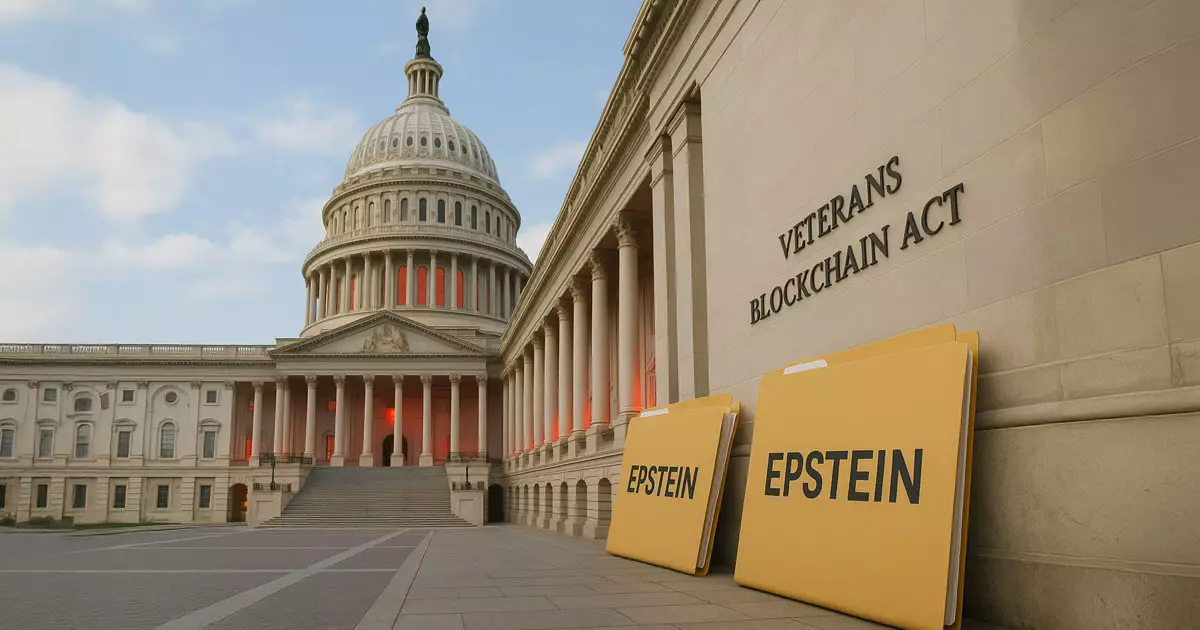The premature adjournment of the House of Representatives signals a troubling shift in legislative momentum, especially at a time when key issues demand urgent attention. Traditionally, the legislative calendar is a strategic tool allowing Congress to navigate complex policy terrains, but an early recess—announced with little notice—raises questions about the administration’s priorities. It’s not simply a matter of procedural convenience; it reflects an underlying reluctance or inability to tackle pressing matters with the seriousness they deserve. For center-right liberals who advocate pragmatic governance and efficient policy execution, this kind of hasty departure undermines accountability and delays vital reforms, particularly in emerging sectors like digital assets and blockchain technology.
The Impact on Cryptocurrency and Financial Innovation
Among the most affected areas by this abrupt break is the cryptocurrency policy landscape. Even though legislation such as the GENIUS Act, the CLARITY Act, and the Anti-CBDC Act have cleared the House and await Senate consideration, their progress now faces an indefinite pause. These bills are instrumental in establishing clearer regulatory frameworks, which are essential for fostering innovation and protecting consumers. The delay in legislative action risks creating a regulatory vacuum, fostering uncertainty that could deter investment in digital assets and stifle technological advancement. For those of us who believe in the responsible growth of financial innovation within a free-market framework, such delays amount to missed opportunities. It is crucial that Congress not only pass legislation but also provide stability and clarity to the industry—something an early recess hampers.
The Delay in Critical Tax and Veteran-Focused Legislation
Beyond the immediate uncertainty in crypto policy, the recess stalls initiatives with broader societal implications. Take, for instance, the proposed updates to digital asset taxation—such as small transaction exemptions and staking reward clarifications—which are essential to integrating cryptocurrencies into the broader financial system. Postponing these reforms could result in increased compliance costs and hesitancy among innovators and investors who look for certainty in law. Similarly, the Veterans Affairs Distributed Ledger Innovation Act aims to leverage blockchain for more transparent and efficient governance. This legislation, still in its early stages, holds promise for improving veteran benefits claims processing by using immutable records to reduce fraud. Its delay diminishes the prospects for implementing cutting-edge solutions in public service, which should be driven forward in pursuit of transparency and accountability—values central to responsible governance.
The Broader Implications of a Shortened Session
More broadly, this early break symbolizes a concerning trend of legislative inertia at a time when urgent issues are mounting. With a significant backlog of policy initiatives spanning technology, taxation, financial regulation, and social services, the reduced House activity raises alarms about Congress’s ability to meet the nation’s needs. For center-right liberals committed to limited but effective government, this is problematic. Such recesses should be strategic and justified, not routine departures that risk weakening legislative resolve. While it’s understandable that political calculations and procedural hurdles exist, deliberately cutting short the session diminishes the chamber’s capacity to respond swiftly to emerging challenges. It also shifts power away from lawmakers and into the realm of executive agencies and bureaucrats, whom often operate without the same level of scrutiny.
Final Reflections on Governance and Policy Urgency
The early adjournment, in essence, reveals a political environment that places convenience over responsibility. It underscores how legislative inertia can freely undermine progress in innovative sectors like blockchain and digital assets, which are critical to modern economic growth. For advocates of center-right liberalism who champion a balance of free enterprise and responsible oversight, this delay is an unwelcome setback—particularly when the window for strategic policymaking is limited. Rescheduling and reinvigorating legislative activities should be a priority, ensuring that crucial initiatives aren’t lost in procedural limbo. Otherwise, the opportunity for responsible innovation and fiscal responsibility will be sacrificed at the altar of political expediency.


Leave a Reply